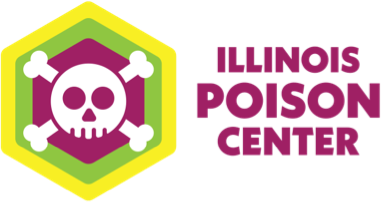Pain Relievers
When a headache strikes, you might reach for an over-the-counter pain medication. Though far safer and less addictive than opioids, these pills aren’t without risk. IPC recommends against taking more than one painkiller at a time without speaking to your healthcare provider. If you’re pregnant, you should also speak with your healthcare provider before taking any kind of pain medication.
Acetaminophen
One of the most popular options is acetaminophen (brand name: Tylenol®;), which can cause liver damage if you take too much. Children should not take adult-dose acetaminophen.
NSAIDs
Nonsteroidal anti-inflammatory drugs (NSAIDs) are a type of pain medication approved to treat aches, pain and fever. The most popular kinds of NSAIDS are aspirin, ibuprofen and naproxen.
Aspirin
- Brand name: Bayer®; and Ecotrin®;
- Regularly prescribed to prevent blood clotting, strokes and heart attacks.
- Not recommended for children younger than 18 years old.
Ibuprofen
- Brand names: Advil®; and Motrin®;
- Should be taken with meals to prevent stomach irritation.
- Not recommended for children younger than six months old.
Naproxen
- Brand name: Aleve®;
- Available in slow- or immediate-release form.
- Not recommended for children younger than 12 years old.
Actions to avoid:
- Ingesting more than the indicated dosage
- Mixing the pills with other medicine, without guidance from IPC or a healthcare provider
- Taking the pills with alcohol
- A child swallowing adult-strength pain reliever
Symptoms if not taken properly:
- Upset stomach
- Abdominal pain
- Vomiting
- Liver or kidney damage
What to do
IPC is here to help. If you or a loved one has any of the above symptoms, call IPC at 1-800-222-1222 to speak with a toxicology expert. The IPC helpline is available 24 hours a day, seven days a week. Calls are free and confidential.
